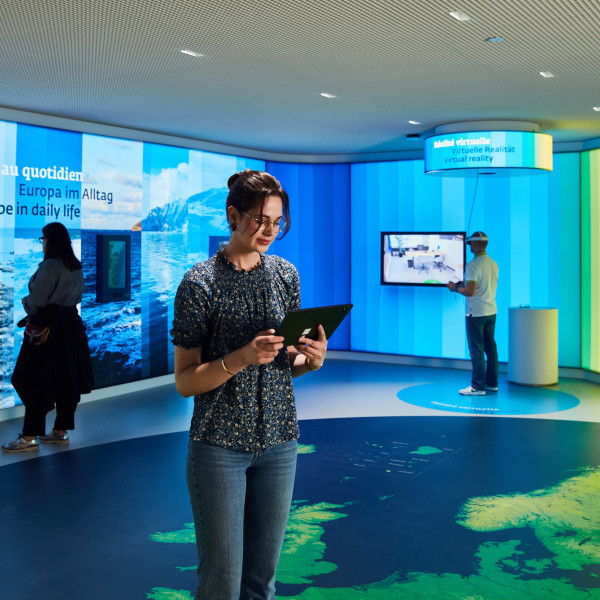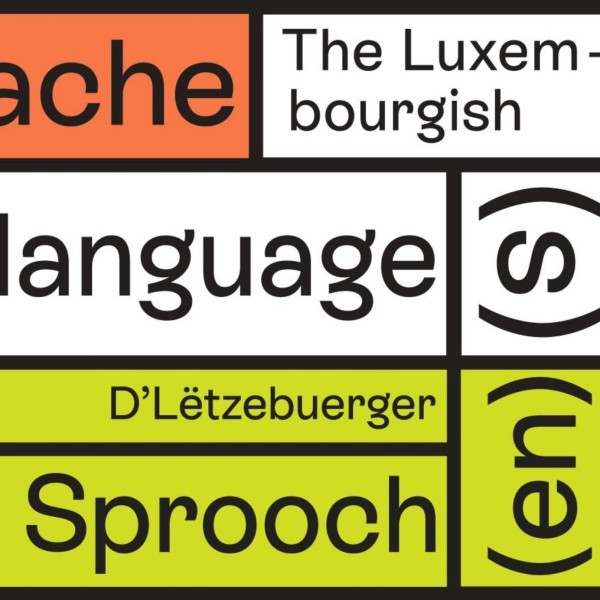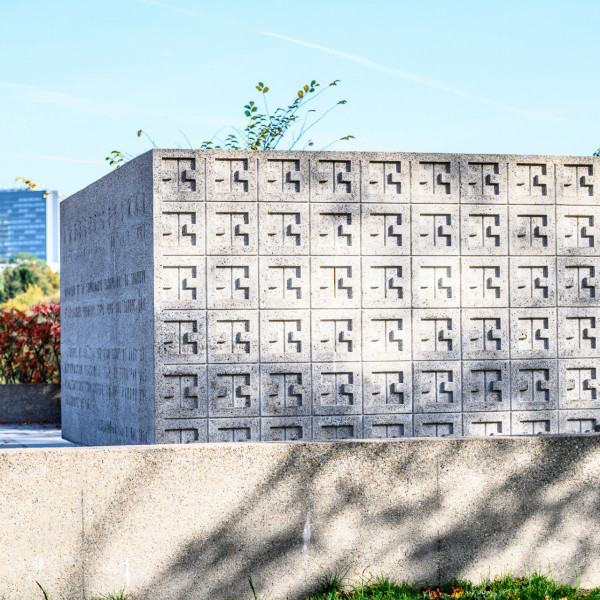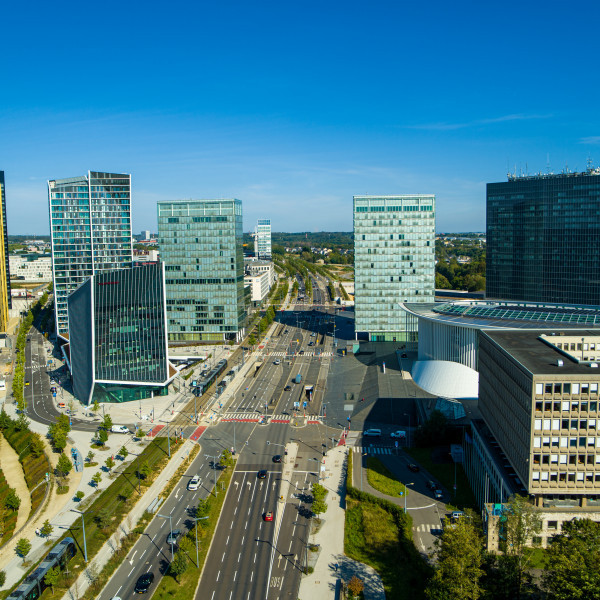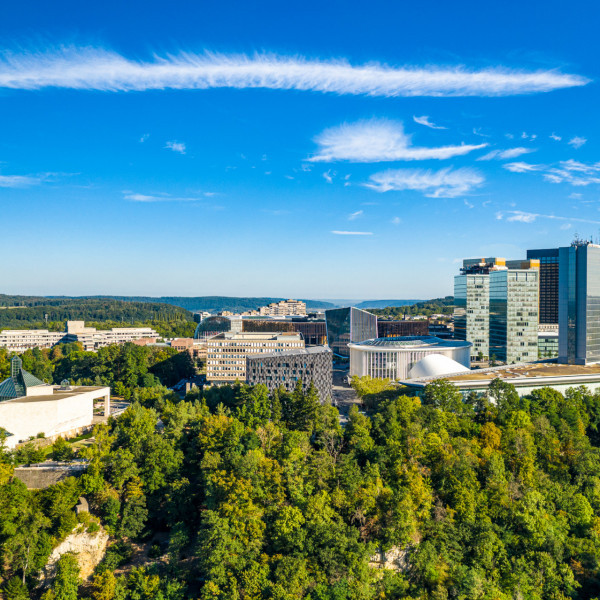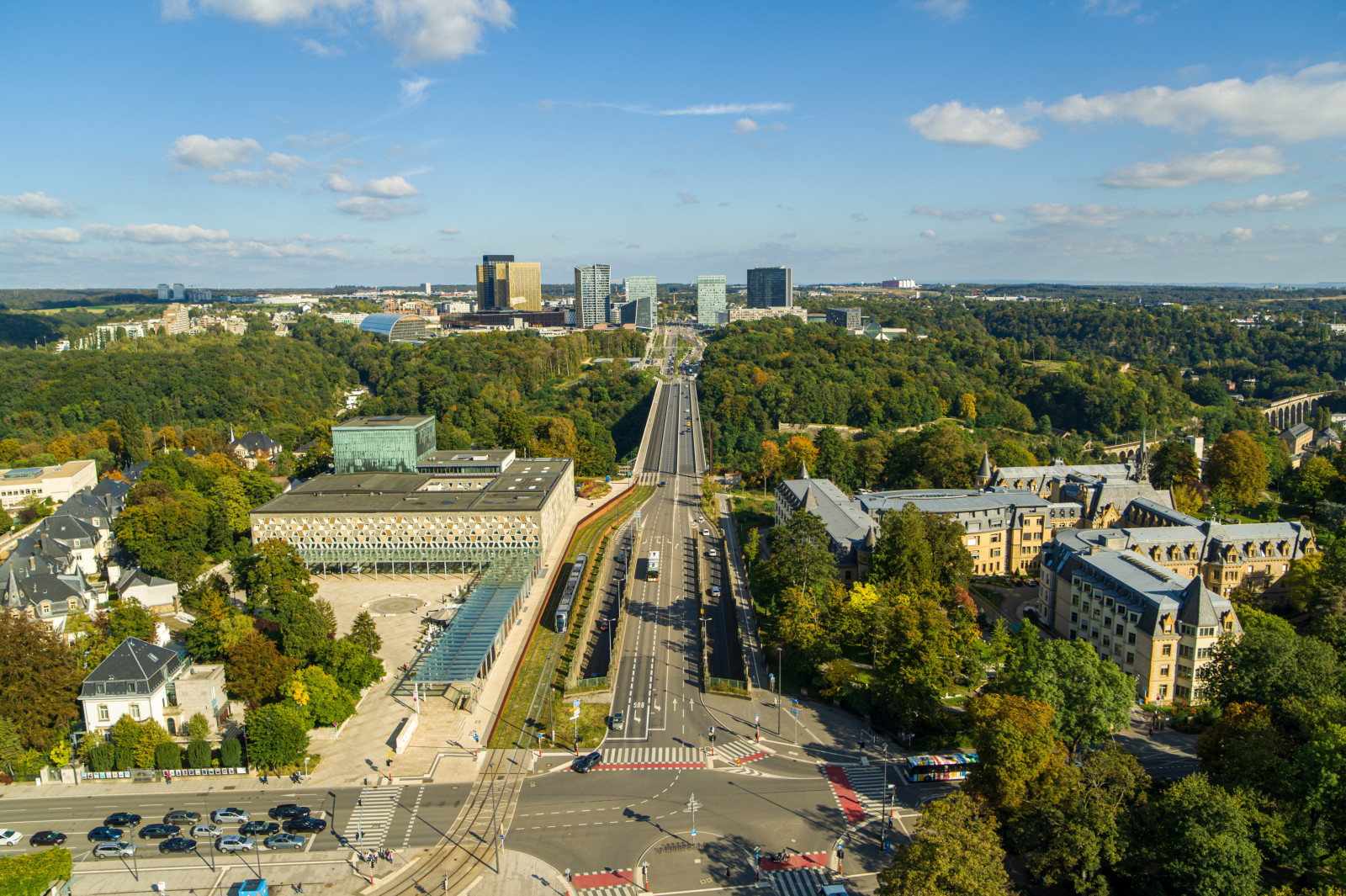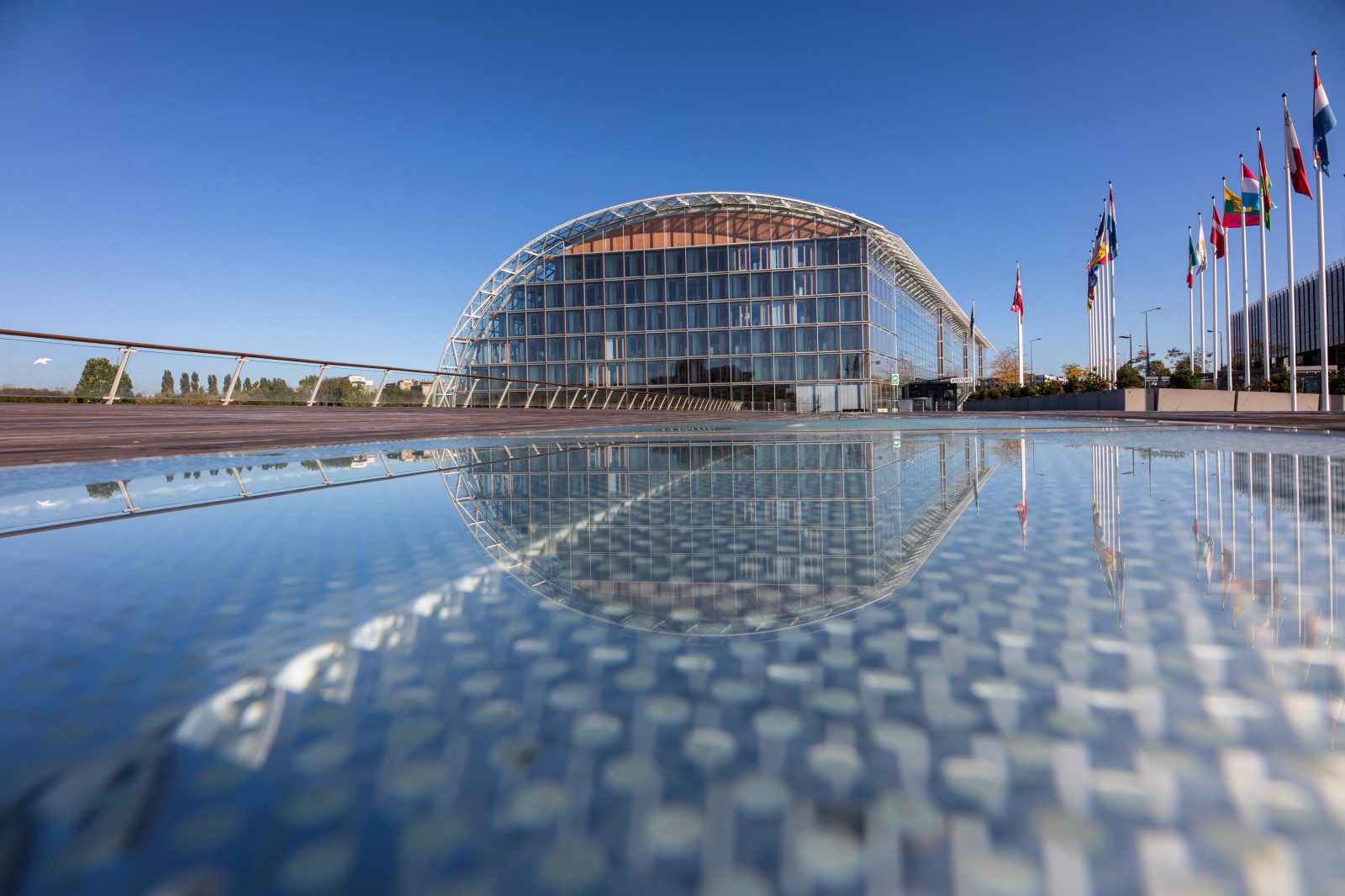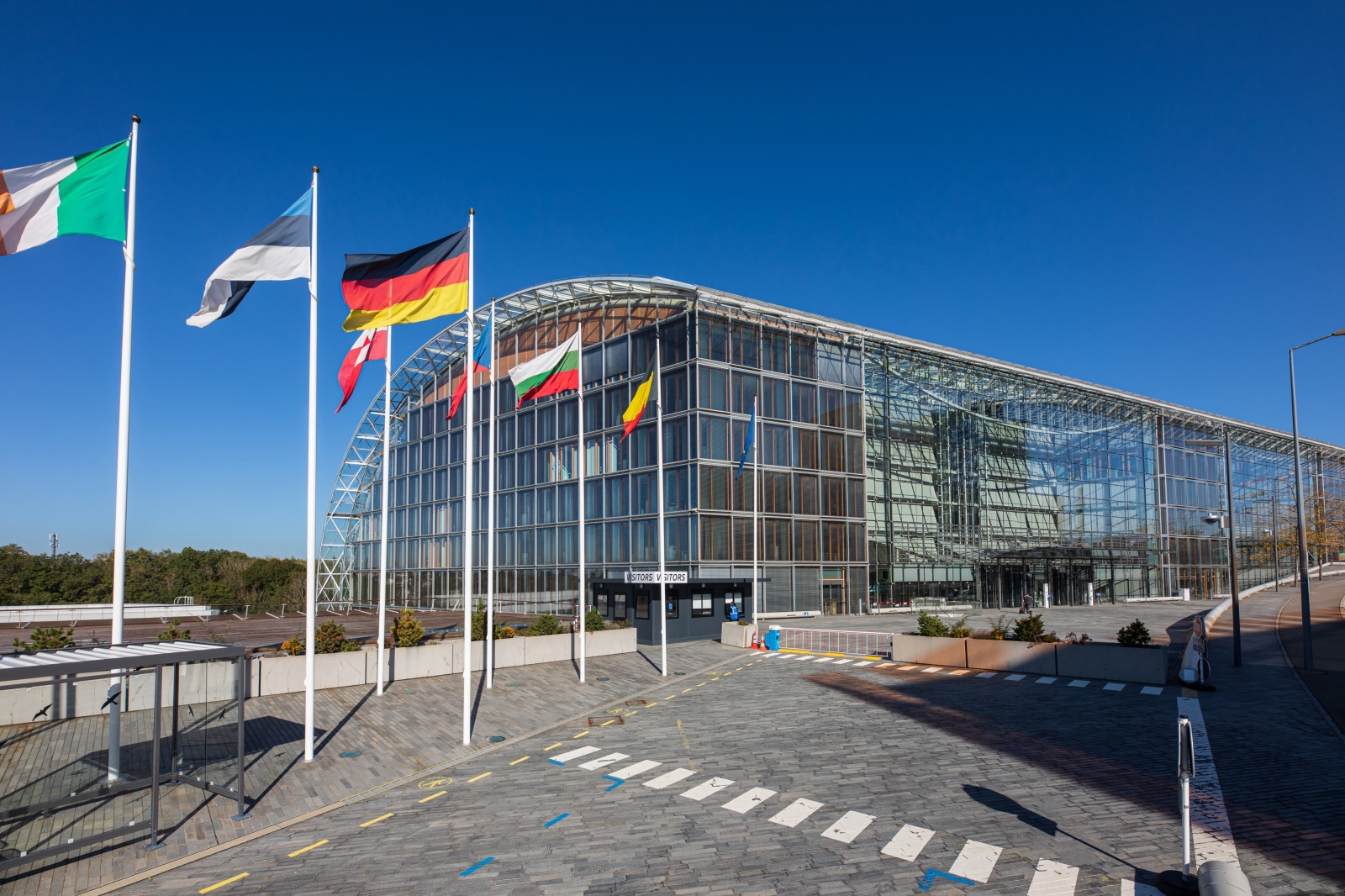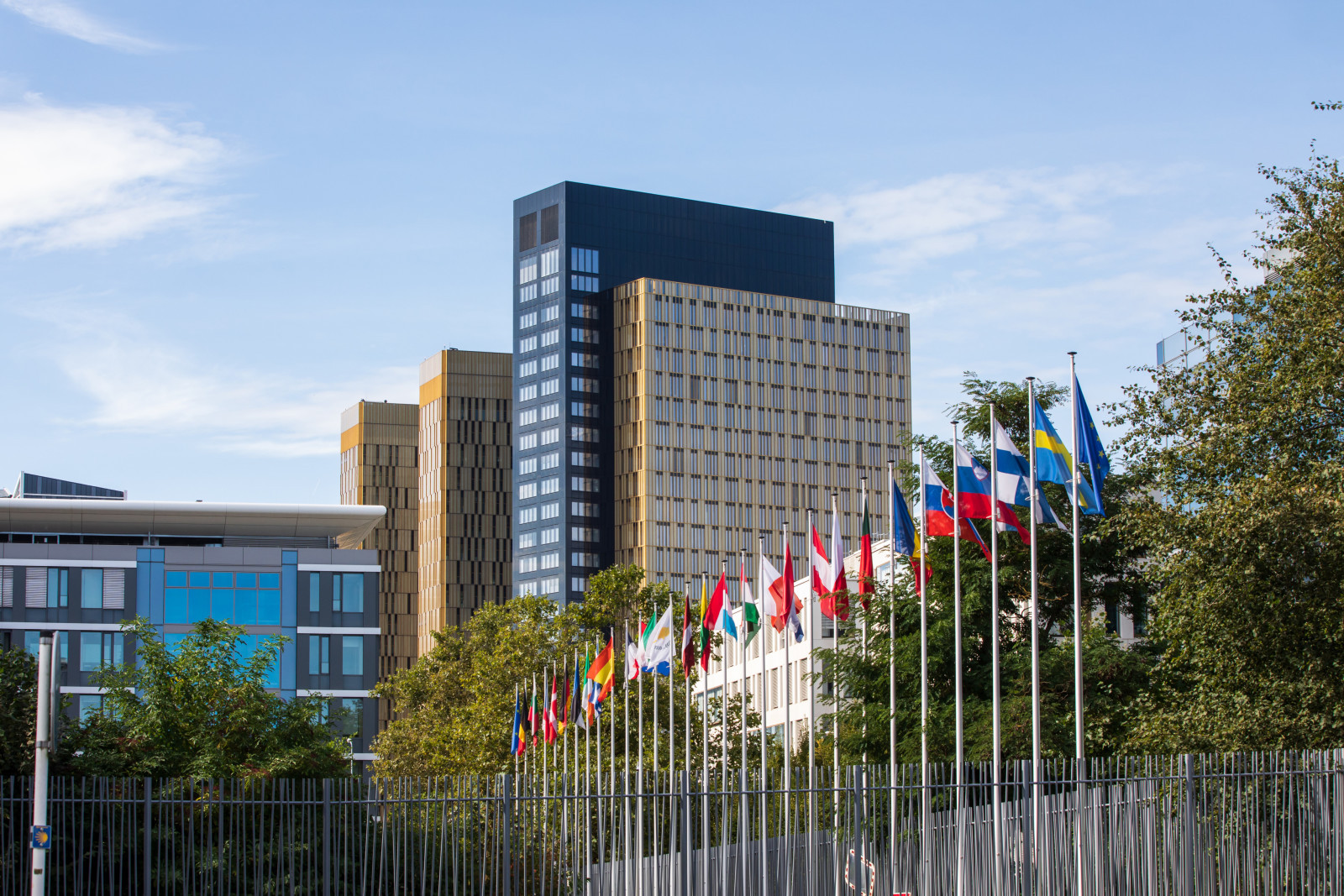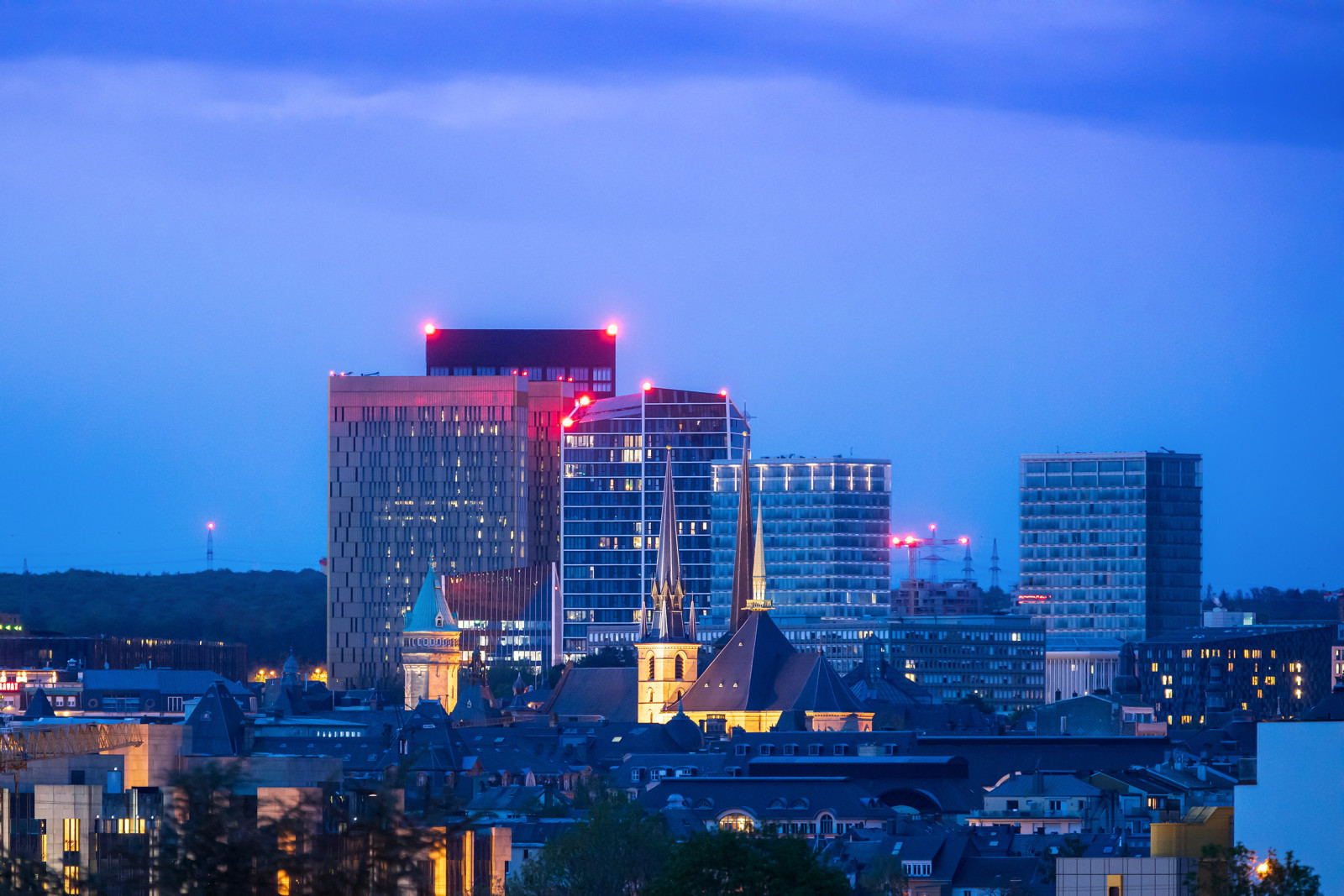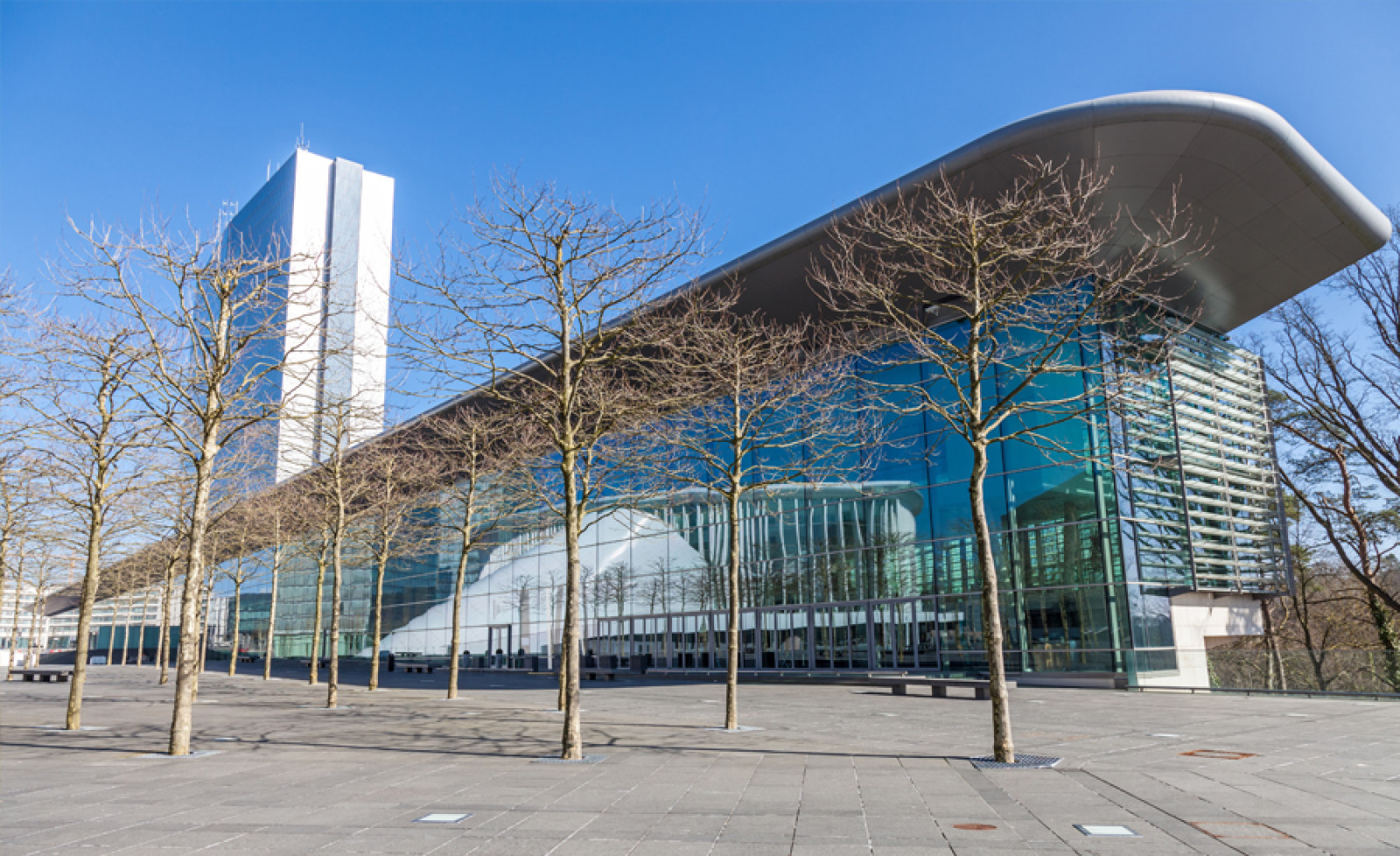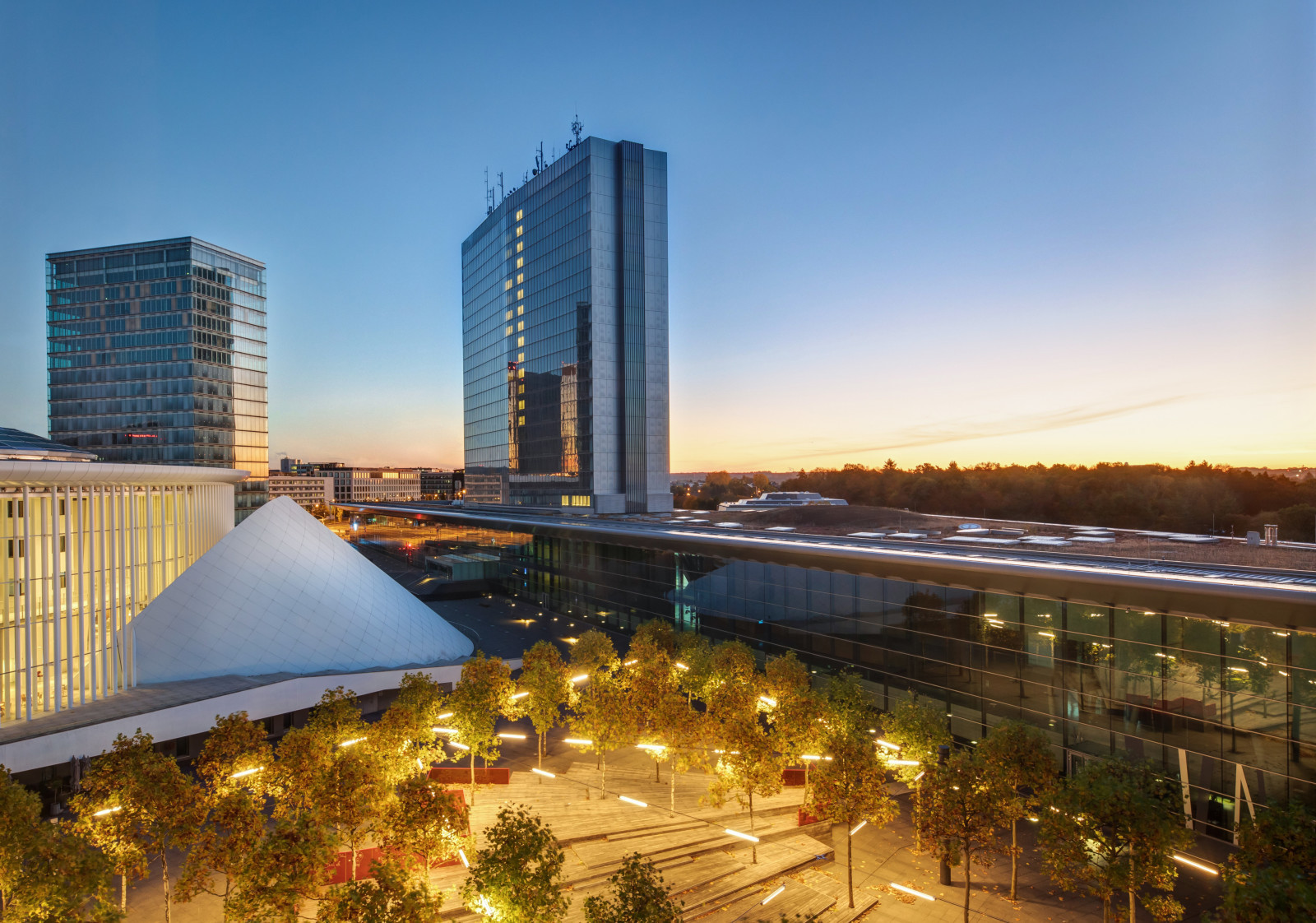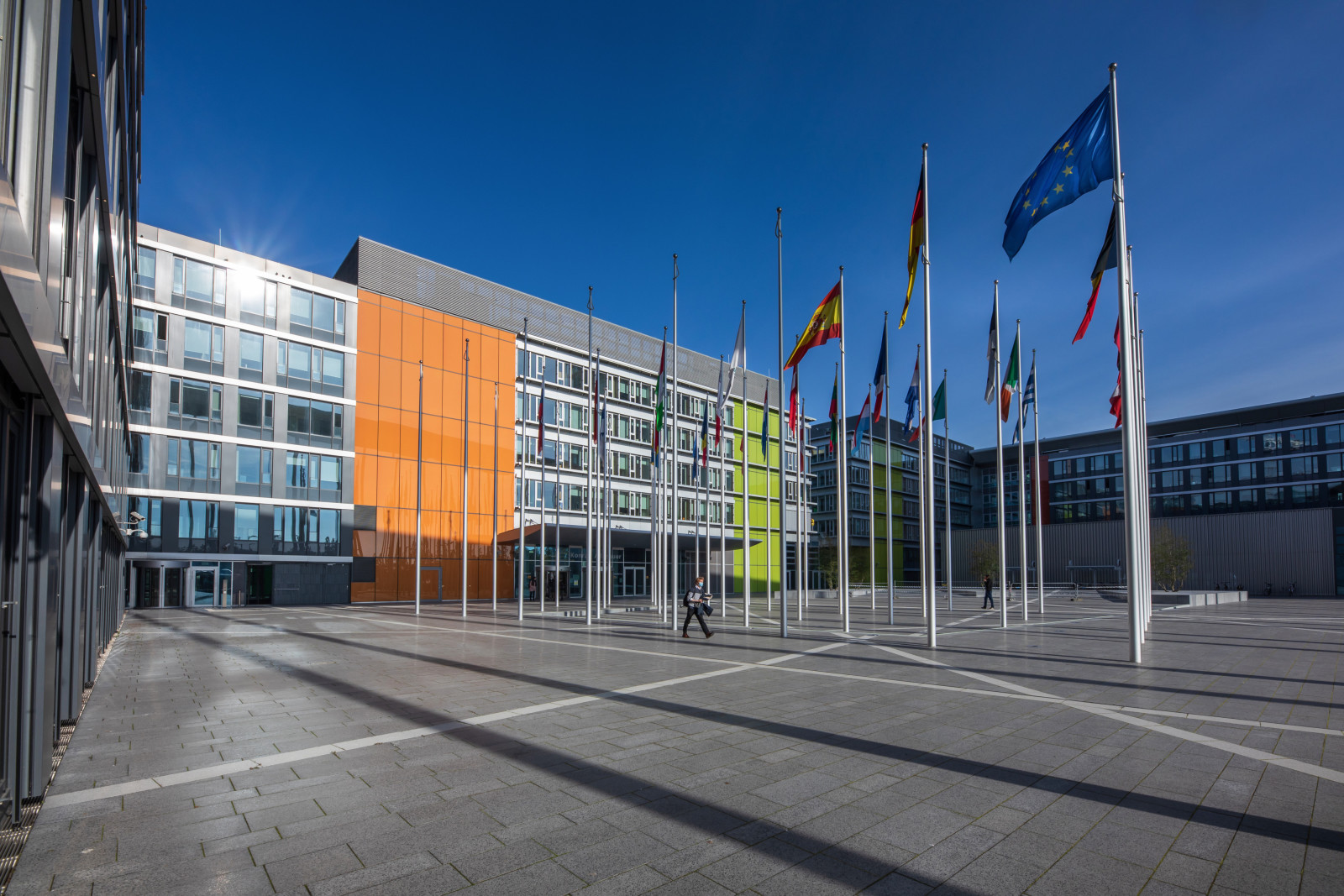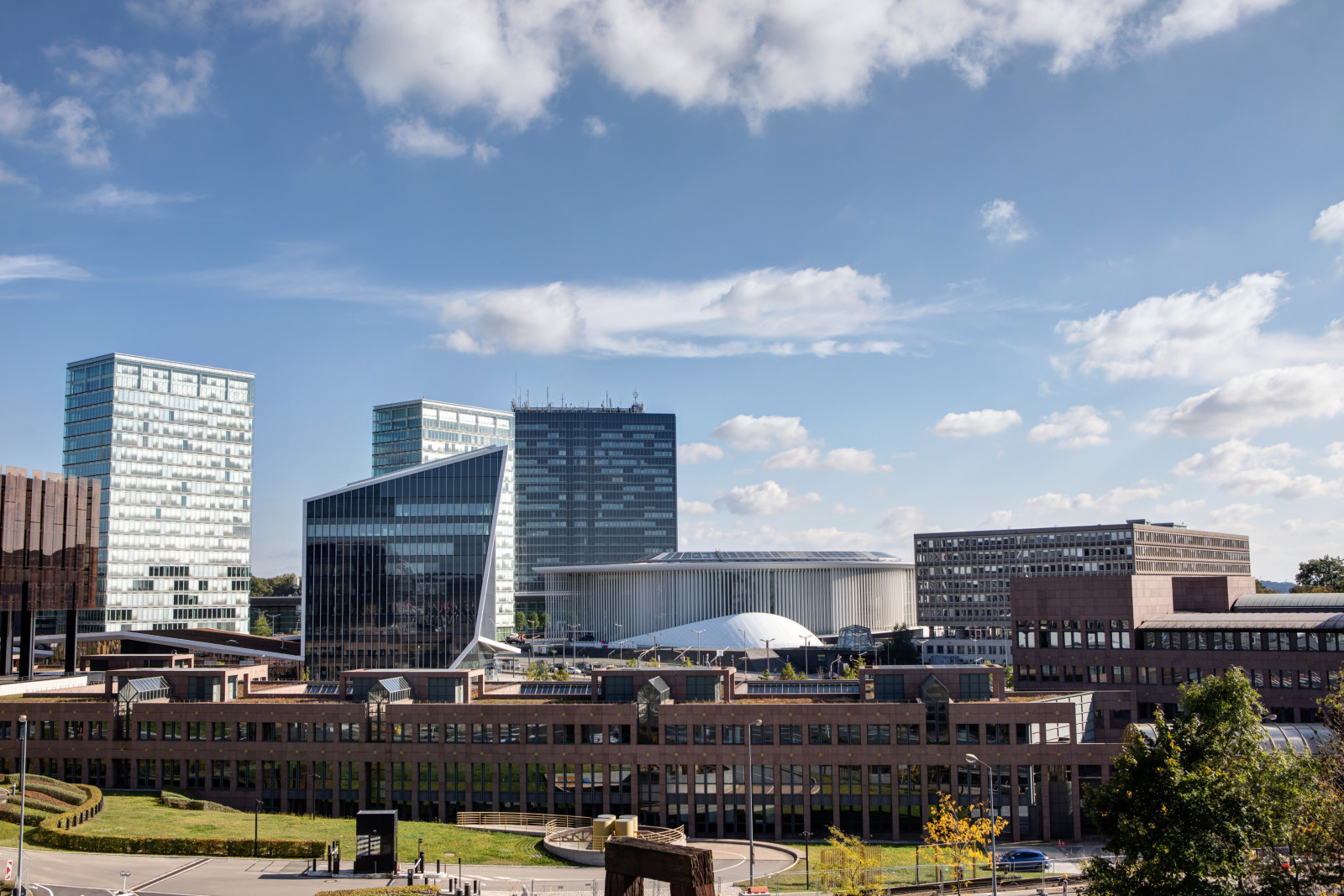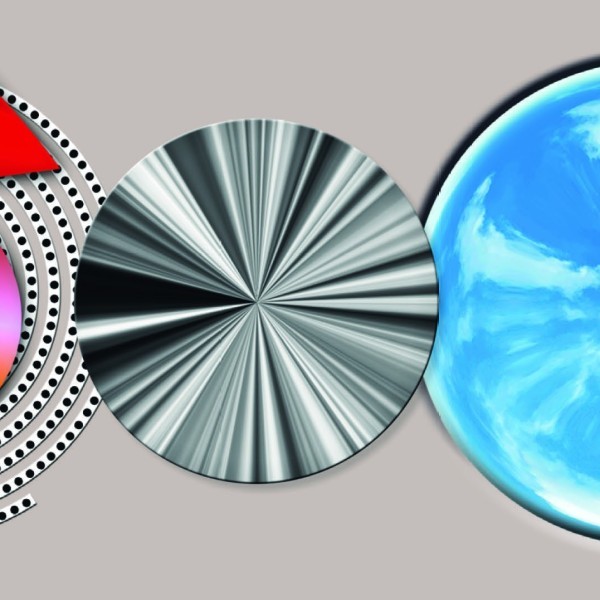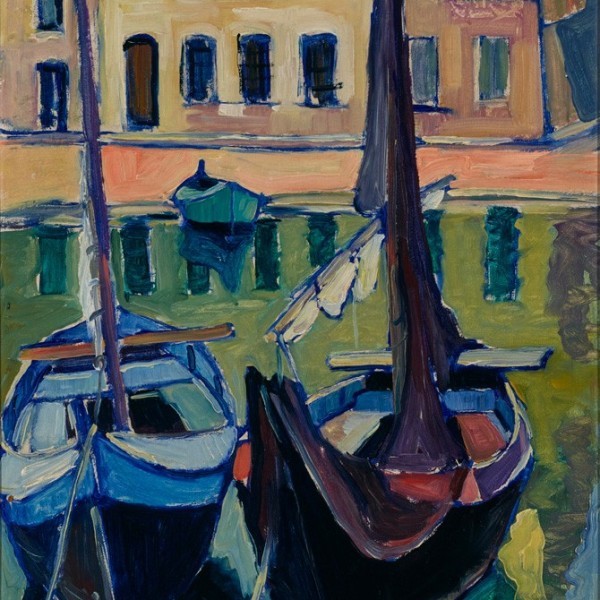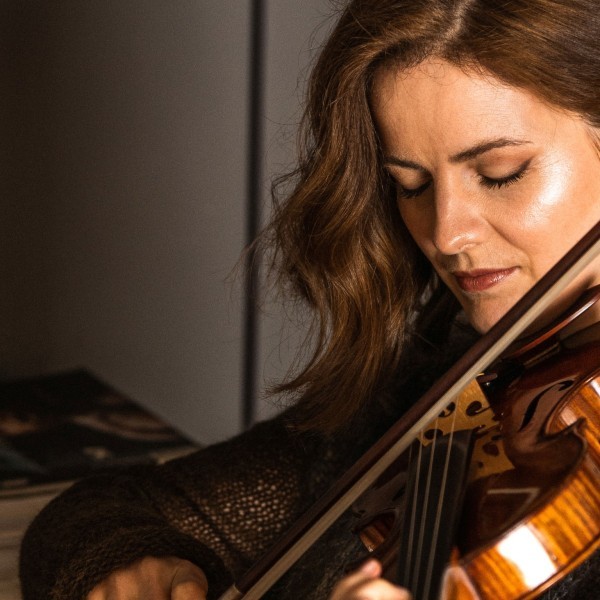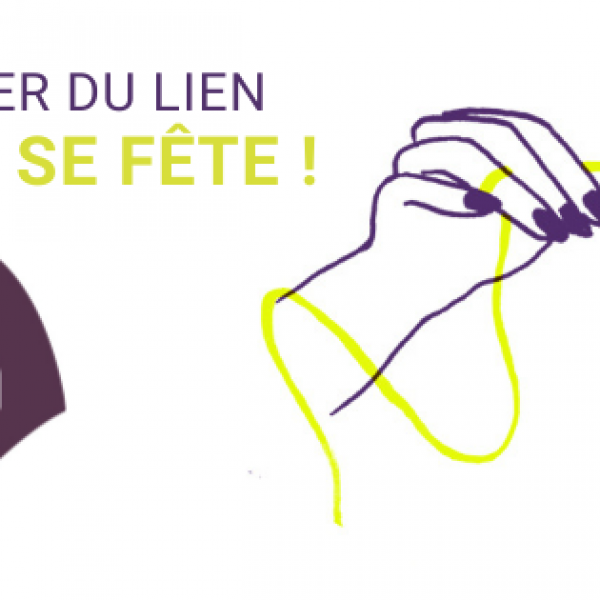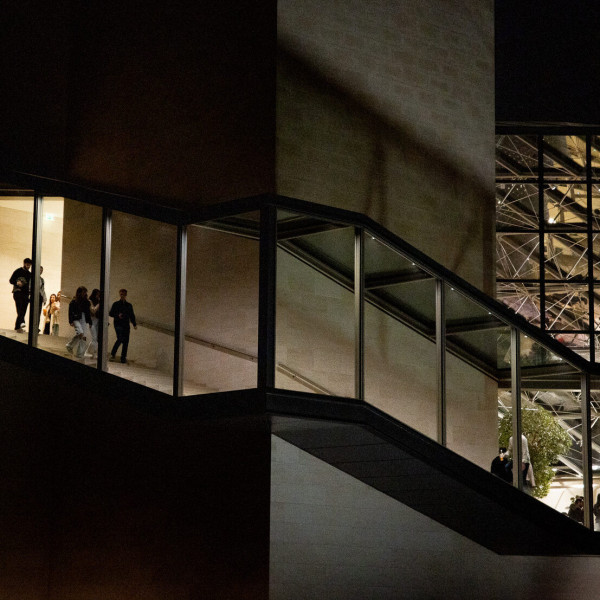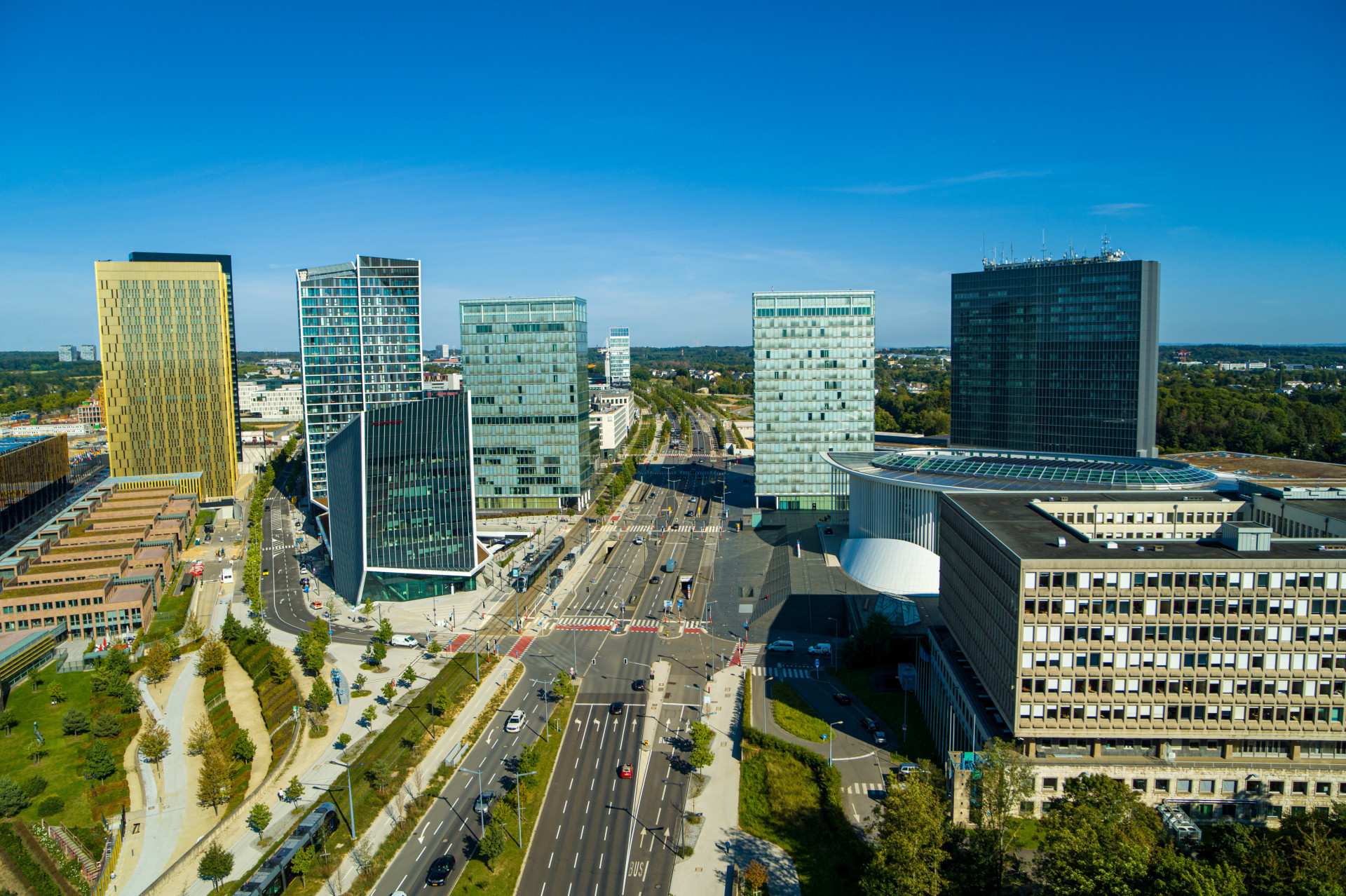
European Capital City
After Malta, Luxembourg is the second smallest member state of today’s European Union. Nevertheless it was present at the birth of a united Europe. Along with Belgium, Germany, France, Italy and The Netherlands, the Grand Duchy was one of the signatories of the Treaty of Rome in 1957. Luxembourg City itself enjoys equal rights with Brussels and Strasbourg as one of the three official EU capitals.
Luxembourg, European Capital
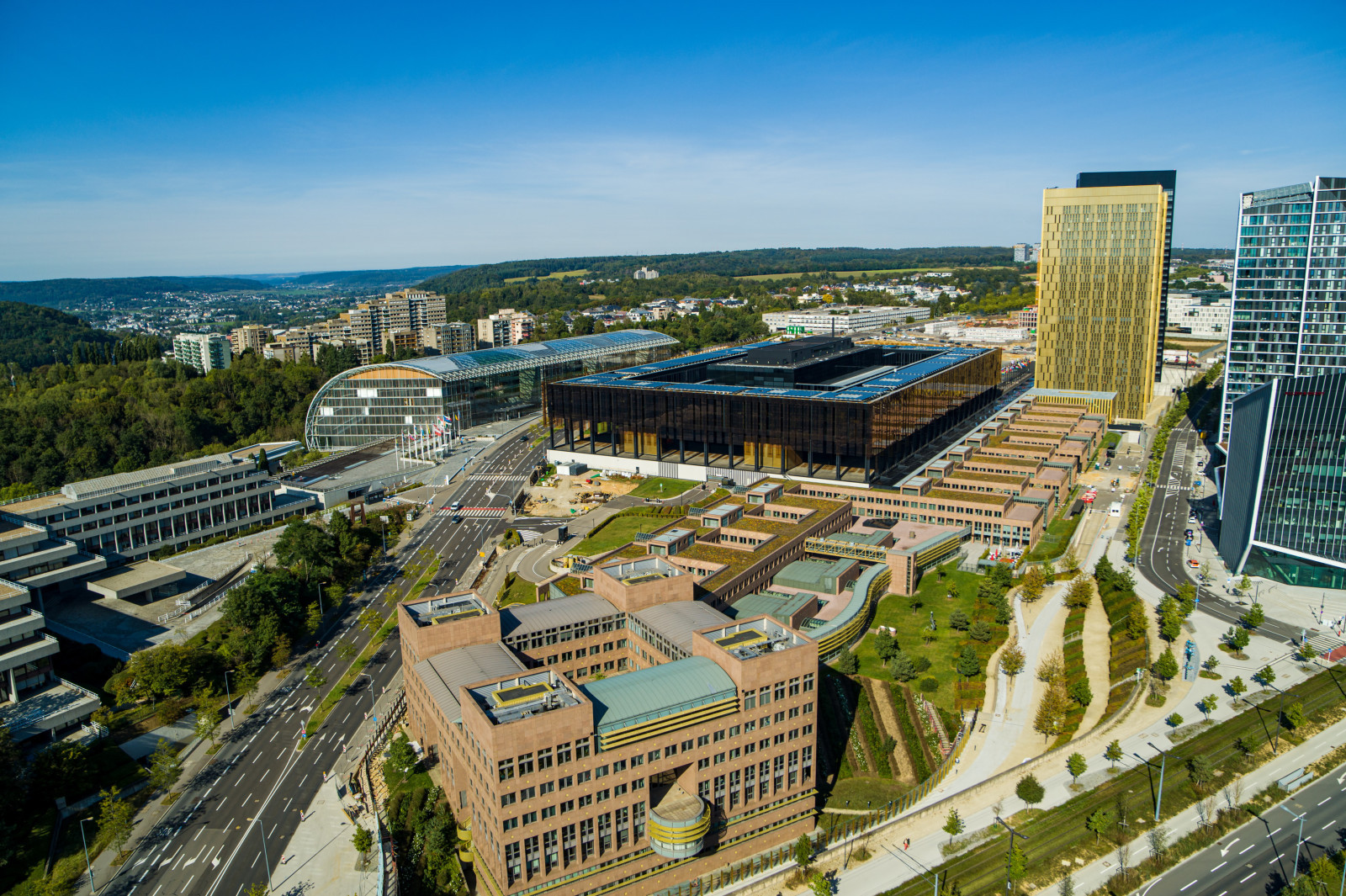
After Malta, Luxembourg is the second smallest member state of today’s European Union. Nevertheless it was present at the birth of a united Europe. Along with Belgium, Germany, France, Italy and The Netherlands, the Grand Duchy was one of the signatories of the Treaty of Rome in 1957. The ensuing creation of the EEC (European Economic Community) and EURATOM (European Atomic Energy Community) formed the nucleus of the later EU. Luxembourg City itself enjoys equal rights with Brussels and Strasbourg as one of the three official EU capitals.
Several years prior to the ratification of the Treaty of Rome, the Luxembourg capital had already been the scene of significant community decisions. In 1952, the Hôtel de Ville, the city’s Town Hall on Place Guillaume II, was the venue for the signing of the foundation act of the ECSC (High Authority of the European Coal and Steel Community), which became the predecessor of all subsequent community institutions. The High Authority had its seat in a building of the current State Savings Bank in the railway station area.
An influential figure involved in the foundation of the ECSC was French citizen Robert Schuman, who was born in Luxembourg in 1886 and is hailed as the pioneer of a united Europe. Schuman’s birth house, an attractive villa in the suburb of Clausen, is today the seat of the Centre for European Studies and Research.
This European tradition is most evident on the Kirchberg plateau. Since the 1960s, most of the EU institutions that have taken up residence in Luxembourg are indeed located on Kirchberg in modern office buildings; these include the General Secretariat of the European Parliament, the European Court of Justice, the European Investment Bank, the European Court of Auditors and various departments of the European Commission, not forgetting the Publications Office near the railway station.
The Place de l’Europe, right behind the Grand Duchess Charlotte Bridge, commonly referred to as the “Red Bridge”, is a symbolic gateway to Europe and the booming Kirchberg quarter. The Place de l’Europe features striking futuristic façades, which house not only EU offices and conference rooms, but also impressive cultural institutions.
Daily life also has a thoroughly European feel about it. The city is a true linguistic melting pot – in shops, restaurants and cafés everything from French to Finnish to Estonian is heard. Of the over 60% foreign population living and working in the Luxembourg capital, EU citizens form the strongest group, accounting for 90% of foreigners.
Europa Expérience
L'Europa Expérience : Un espace immersif pour mieux comprendre l'UE ouvre ses portes à Luxembourg
Une toute nouvelle façon de découvrir l'Europe : c'est ce qui vous attend dans notre nouvelle EUROPA EXPERIENCE. Elle vous permettra d'en savoir plus sur la manière dont nous travaillons ensemble au niveau européen pour relever les défis les plus importants d'aujourd'hui et, surtout, sur la manière dont vous pouvez faire la différence.
Immerse yourself in the heart of the European Union!
Photo gallery
The European Institutions in Luxembourg
| Court of Justice of the European Union 45, boulevard Konrad Adenauer L-2925 Luxembourg T. (+352) 43 03 - 1 www.curia.europa.eu |
European Parliament Secrétariat Konrad Adenauer Building L-2929 Luxembourg T. (+352) 43 00 - 1 www.europarl.europa.eu |
|
Council of the European Union L-2929 Luxembourg T. (+352) 43 02 - 1 www.consilium.europa.eu/ |
European Commission 15 Av. John F. Kennedy L-1855 Luxemburg T. (+352) 4301-34925 www.ec.europa.eu |
|
European Public Prosecutor’s Office 4, rue du Fort Niedergrünewald L-2226 Luxembourg www.eppo.europa.eu |
European Court of Auditors 12, rue Alcide de Gasperi L-1615 Luxembourg T. (+352) 43 98 - 1 www.eca.europa.eu |
|
European Investment Bank (EIB) 100, boulevard Konrad Adenauer L-2950 Luxembourg T. (+352) 43 79 - 31 22 www.eib.org |
Publications Office of the European Union 20, rue de Reims L-2417 Luxembourg F. (+352) 29 29 - 42 658 www.op.europa.eu |
| EuroHPC 12E rue Guillaume Kroll L-1882 Luxembourg T. (+352) 2812 4500 www.eurohpc-ju.europa.eu |
Euratom Supply Agency Complexe Euroforum 1, rue Henri Schnadt L - 2530 Luxembourg T. (+352) 4301-34815; (+352) 4301-35190 www.euratom-supply.ec.europa.eu |
VIA DEMOCRATIA EUROPA
The 850 km long “VIA DEMOCRATIA EUROPA – Europe’s Road of Democracy” connects Strasbourg (Legislative), Luxembourg (Judiciary), and Brussels (Executive). It serves as a powerful symbol of the separation of powers in democracy, passing through beautiful landscapes rich in cultural landmarks and a unique regional and multinational charm.
A journey along the “Europe’s Road of Democracy” aims to bring European values—human rights, democracy, cultural diversity, mutual understanding, and cross-border exchange—to life. It seeks to strengthen awareness of Europe, its history, and its cultural heritage, while fostering a sense of unity and encouraging deeper cross-border cooperation. With the VIA DEMOCRATIA EUROPA travel guide, visitors can explore and experience the cultural richness and beauty at the heart of Europe, along with the cities and places closely tied to the origins of the European Union.
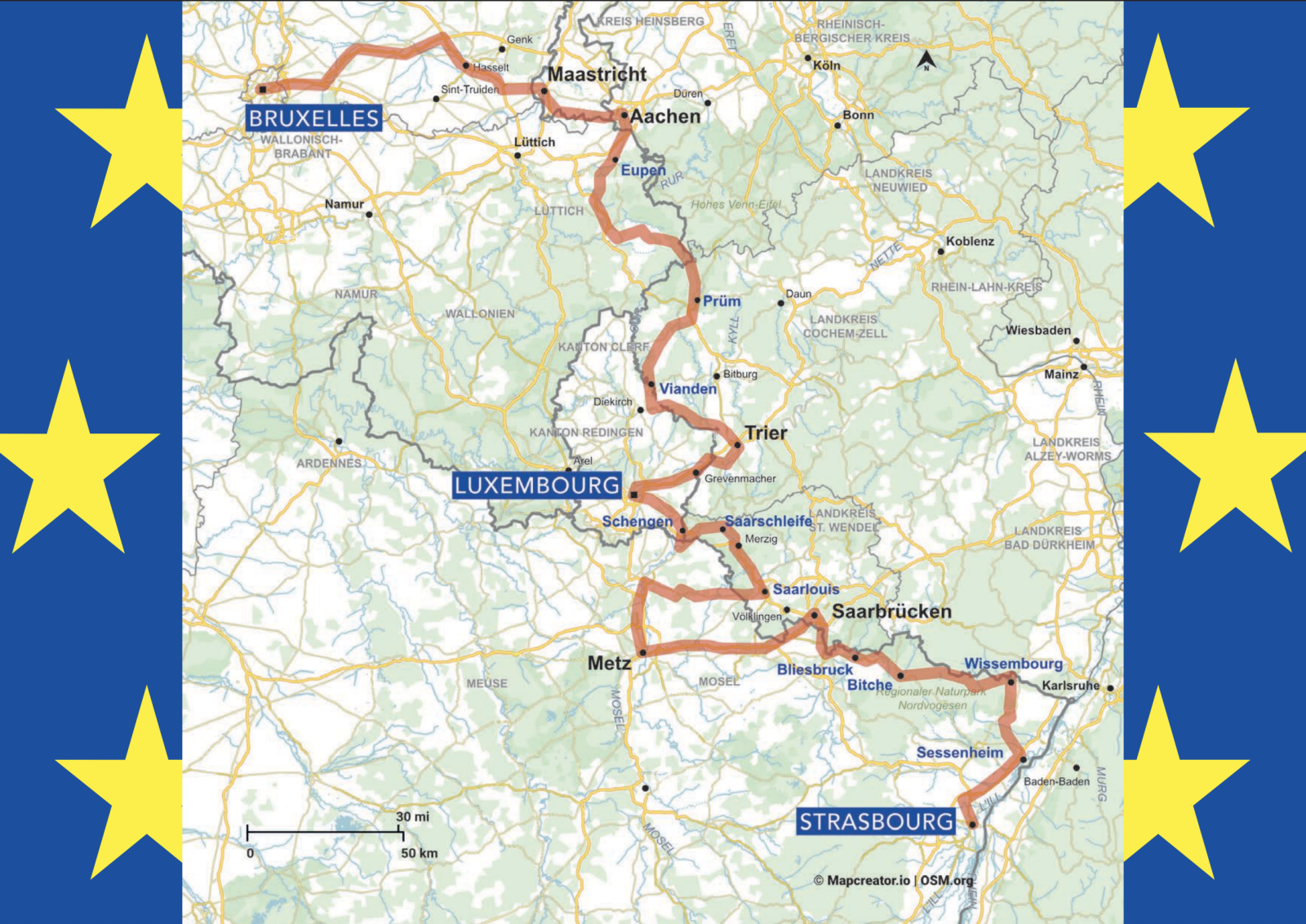
Upcoming events in Luxembourg City
Are you visiting? Don't miss the next events:


